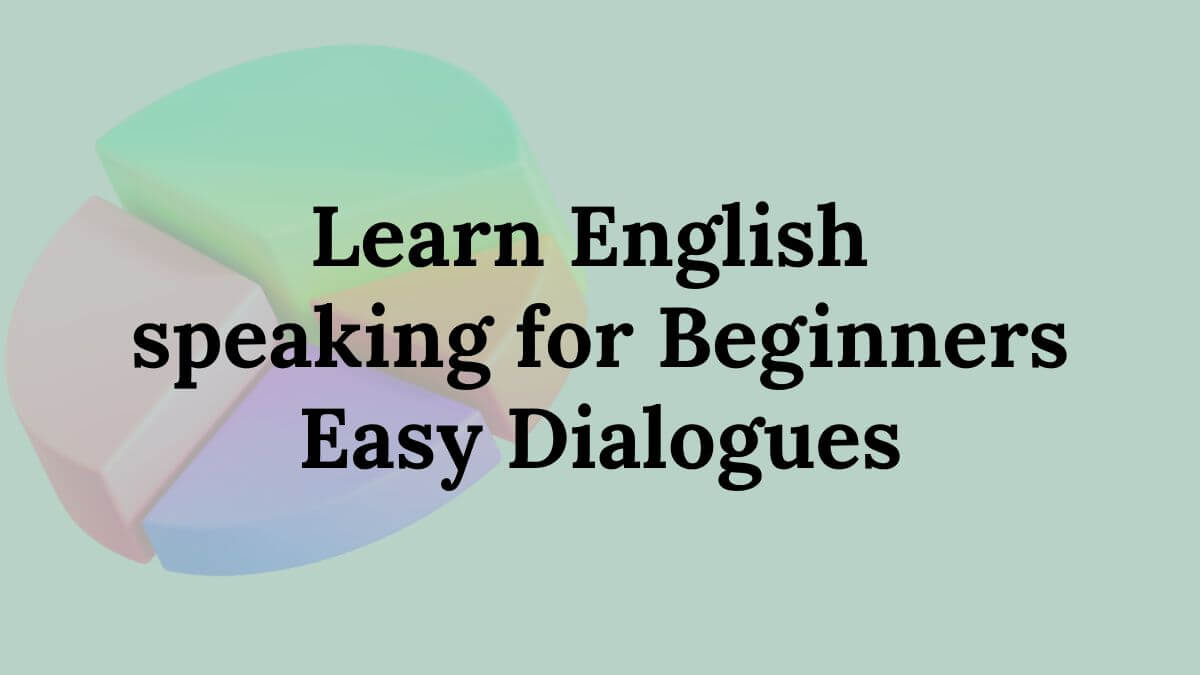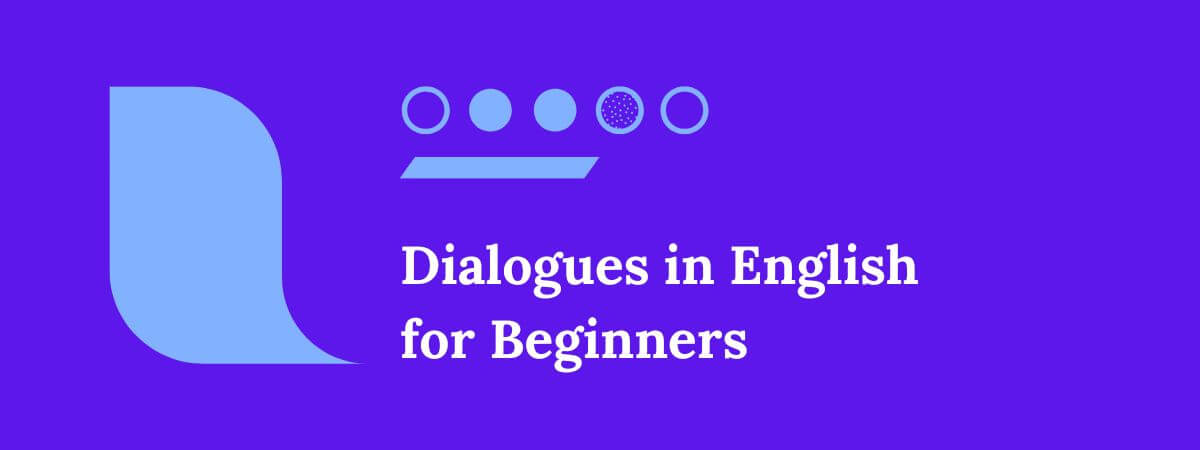Discover 10 perfect alternatives to best wishes to enhance your English writing. Learn alternative words and ways to say best wishes for formal and informal contexts.
When you want to end a letter, email, or message with a warm closing, the phrase Best wishes is one of the most popular choices. But sometimes, you may want to try something different—something that sounds more personal, formal, or creative, depending on the situation. Whether you’re writing to a friend, a colleague, or a teacher, knowing alternatives to best wishes can help you express your feelings more precisely and professionally.
Why Use Alternatives to Best Wishes?
The phrase Best wishes is a safe and friendly way to end your messages. However, English has many different expressions for greetings and closings that suit various tones and contexts. Using alternatives to best wishes allows you to tailor your message depending on the relationship with the recipient and the formality of the situation.
For example, if you are writing a formal business email, a phrase like Kind regards or Sincerely might be more appropriate than Best wishes. On the other hand, if you’re sending a message to a close friend, using something more casual like Cheers or Take care can make your closing feel warmer and more personal.
Moreover, using an alternative way to say best wishes can help your writing stand out and feel less repetitive, especially if you send messages regularly. It shows that you have put thought into your communication and helps create a stronger connection with your reader.
Additionally, in English writing, the tone you set with your closing line is important. It can influence how your entire message is received. For learners of English, knowing a variety of phrases to use as alternatives to best wishes improves your vocabulary and helps you become more confident in writing different types of messages.
In summary, exploring different alternative words and phrases instead of sticking to best wishes enhances your communication skills and helps you adapt your English writing to any situation.
Using alternative words or an alternative way to say best wishes can:
Make your message sound more personal or formal
Show creativity and thoughtfulness
Match the tone of your message better (formal or informal)
Help your writing stand out
By learning these alternatives, you will improve your writing skills and make your English sound more natural.
1. Warm Regards
Warm regards is a polite and friendly closing. It’s suitable for emails and letters where you want to sound approachable yet professional.
Example:
Thank you for your help. Warm regards,
Sarah
Use it when writing to coworkers, teachers, or acquaintances.
2. Kind Regards
Similar to warm regards, kind regards is slightly more formal but still warm and polite. It works well in professional and semi-formal situations.
Example:
I look forward to your reply. Kind regards,
John
Use this in business emails or formal communication.
3. All the Best
This phrase is casual and encouraging. It expresses your hope that everything goes well for the person.
Example:
Good luck with your exam! All the best,
Emma
Great for friends, students, and informal correspondence.
4. Best Regards
Best regards is a versatile phrase that falls between formal and informal. It’s common in business emails and friendly letters alike.
Example:
Thank you for your support. Best regards,
Davi
5. Cheers
Cheers is very informal and mostly used in British English. It shows friendliness and is often used between friends or colleagues who are on casual terms.
Example:
Thanks for the update. Cheers,
Alex
6. Sincerely
Sincerely is a traditional and formal closing often used in business letters and official emails. It shows respect and professionalism.
Example:
I appreciate your consideration. Sincerely,
Maria
7 . Yours Truly
This is a formal and somewhat old-fashioned closing, but still used in letters and emails, especially in American English.
Example:
I look forward to your response. Yours truly,
Michael
8. With Appreciation
Use with appreciation when you want to express gratitude or thankfulness explicitly.
Example:
With appreciation for your assistance,
Linda
9. Take Care
This is a friendly, informal way to end a message. It shows concern and warmth.
Example:
Take care and see you soon!
Anna
10. Regards
Simply regard is a neutral, straightforward closing suitable for both formal and informal messages.
Example:
Regards,
James
Common Mistakes When Using Best Wishes and Its Alternatives
Many English learners rely on Best wishes without realizing that the context or tone may require a different phrase. For example, using Best wishes in a very formal business letter can sometimes seem too casual. On the other hand, ending a friendly email to a close friend with Sincerely might feel stiff or distant.
Tips to avoid mistakes:
1. Match your closing phrase to the tone of your message.
2. Avoid mixing formal and informal closings in the same letter.
3. Pay attention to cultural differences – some phrases are more common in British English, others in American English.
By choosing the right alternative to best wishes, your message will be clearer and more effective.
How to Use Alternatives to Best Wishes in Emails and Letters
Understanding how to apply alternatives to best wishes correctly can make your writing stand out and help you communicate more effectively in both formal and informal settings. The key is to match your closing phrase to the tone and purpose of your message. Here are some examples:
Formal business email:
Dear Mr. Smith, Thank you for your prompt response. Kind regards, Jane
Informal email to a friend:
Hey Mike, can’t wait to see you next week! Cheers, Tom
Thank you note:
With appreciation for your help, Susan
When you learn different alternatives to best wishes, you gain flexibility in your English communication.
Why Closing Greetings Matter in English Writing
Closing greetings are more than just words at the end of a message. They leave a lasting impression on your reader and set the tone for future communication. Using the right closing phrase shows respect and consideration for the person you’re writing to.
For English learners, mastering these alternatives helps improve not only writing skills but also overall confidence in communication.
Practice Exercise: Replace Best Wishes with Alternatives
One of the best ways to improve your English writing is by practicing different phrases. Below are some example sentences ending with Best wishes. Your task is to replace Best wishes with a more suitable alternative based on the tone or situation described.
Try rewriting the following sentences using different alternatives to best wishes:
1 . Thank you for your time. Best wishes, Anna
2 . I hope you have a great day. Best wishes, John
3. Looking forward to hearing from you. Best wishes, Emily
Example answers:
1 . Thank you for your time. Kind regards, Anna
2 . I hope you have a great day. Take care, John
3 . Looking forward to hearing from you. Warm regards, Emily
Practicing these alternatives regularly will help you remember them and use them naturally.
The Role of Tone in Choosing the Right Alternative to Best Wishes
The tone of your message – whether formal, friendly, casual, or professional – guides your choice of closing phrase. For instance:
1 . Formal tone: Sincerely, Kind regards
2 . Friendly tone: All the best, Take care
3 . Casual tone: Cheers, Regards
Understanding tone will help you select the most appropriate alternative to best wishes and make your communication effective.
Read More:
Tutorial in a Sentence: Simple Steps to Learn Quickly
Cultural Differences in Closing Phrases British vs American English
Some alternatives to best wishes are more popular in certain English-speaking countries. For example, Cheers is commonly used in the UK as a casual sign-off, but in American English, it’s less common and can sound informal or even confusing in business emails.
Knowing these subtle differences helps you adapt your English for different audiences and contexts.
Summary Top 10 Alternatives to Best Wishes You Should Know
Using the right closing phrase can make your English writing more effective and personal. Here are the top 10 alternatives to best wishes that suit different tones and situations:
To wrap up, here’s a quick review of the 10 perfect alternatives to best wishes:
- Warm regards
- Kind regards
- All the best
- Best regards
- Cheers
- Sincerely
- Yours truly
- With appreciation
- Take care
- Regards
Use these phrases confidently to improve your English writing and express your closing sentiments perfectly.
How to Choose the Right Alternative?
Choosing the best alternative to best wishes depends on your relationship with the reader and the message’s tone. Here are a few tips:
Use alternatives like Sincerely or Kind regards for business and professional emails. Choose friendly alternatives like All the best or Take care for friends and informal messages. Use neutral closings like Best regards or Regards when you want to keep it professional but not too stiff. Consider cultural differences – Cheers is common in British English but less formal in American English.
Conclusion
Now you have 10 perfect alternatives to best wishes that you can use in different writing situations. Whether you want to sound formal, friendly, or somewhere in between, these phrases will help you express your closing thoughts naturally. Remember, using the right closing is a simple way to improve your English communication skills and make your messages more engaging. Keep practicing these alternatives to best wishes, and soon they will become a natural part of your English writing!

